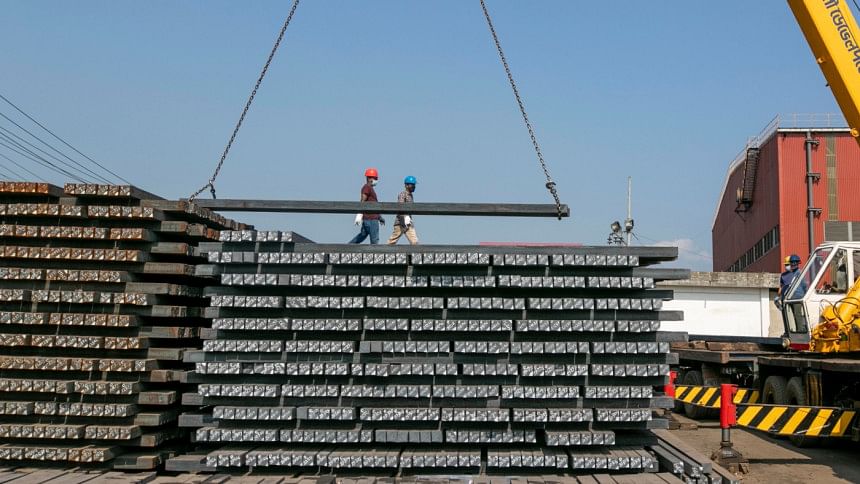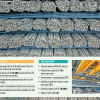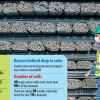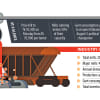Steel sector's operational costs jump 65%

Operational costs of the country's steel sector have increased by 65 percent over the past year, posing a threat to the loan repayment capability of manufacturers, according to Bangladesh Steel Manufacturers Association (BSMA).
The steel manufacturers' financial capacity has weakened due to the appreciation of the US dollar against the local taka and price increase of all utilities, including gas and electricity, said the BSMA.
"Operational costs increased by 40 percent solely due to the increase in value of the US dollar and the remaining for the price hike of utilities," said Mohammad Jahangir Alam, president of BSMA, which represents over 41 large steel producers.
Alam pointed this out at a press conference on "Serious crisis of steel sector due to price increase of dollar, power and energy", organised by the BSMA at the Economic Reporters' Forum in Dhaka yesterday.
At present, due to a US dollar shortage, banks are unable to open letters of credit (LCs) as per requirement for importing raw materials for the manufacture of steel, he said.
"Raw materials are being imported in insufficient quantities due to the difficulty in opening LCs, which is disrupting the supply chain," he said.
According to Alam, banks are still offering the same credit limit to steel manufacturers but the latter's purchasing power has decreased by 50 percent.
He cited an example, saying that banks used to wholly finance LCs for importing raw materials worth Tk 100 crore, presently around $12 million, when the exchange rate was Tk 85 per US dollar.
Now, they are offering at best $8 million since the exchange rate has shot up to Tk 125, meaning that the value of the US dollar has appreciated by around 47 percent, he said.
This translates into a loss and additional money is required to pay for business liabilities, Alam noted.
"This loss or excess amount is around 40 percent of the total import cost," he said.
The steel industry is dependent on imports for 85 percent of its raw materials, chemicals and other components, he said, adding: "For this reason, we need more working capital."
A high amount of working capital is also needed because of a rise in the interest rate from 9 percent to 13.5 percent, and increases in the price of fuel, electricity, gas, and LC commissions and margins, said Alam.
The price of electricity has already increased by 10 percent this year after rising 15 percent last year, he noted.
Besides, the annual fee for a "Certification Mark" licence, issued by the Bangladesh Standards and Testing Institution after factory inspection and product testing, has been increased from Tk 15 lakh to Tk 35 lakh, which is an additional burden, he said.
Alam demanded allowing short-term loans to be converted into long-term ones of up to 12 years to make up for the working capital shortfall.
Sk Masadul Alam Masud, managing director of Shahriar Steel Mill, said the cost of production increased to anywhere from Tk 85,000 to Tk 100,000 per tonne depending on the product quality and factory efficiency.
According to him, the price of scrap steel is now Tk 65,000 per tonne.
It costs Tk 18,000 to convert scrap into billets and Tk 15,000 to convert billets into rods. "Besides, we have to pay a 2 percent sales tax, VAT, advance income tax, etc," he said.
Meanwhile, demand for rods has declined and the industry is now running at less than 40 percent capacity, pushing it towards severe difficulties, he said.
Manwar Hossain, former president of the BSMA, said the manufacturers are selling rods at a price lower than what it costs them to make as demand has substantially declined due to high inflation.
He said he had reduced production at his factory from 25,000 tonnes per month to 16,000 tonnes per month to reduce losses.
Hossain criticised existing bank interest rates, saying it would hinder the flow of investment not only into the steel sector but to the overall manufacturing sector.
Banks should extend loan durations to up to 12 years for businesses, he noted. He also suggested further adoption of austerity measures for the government to reduce costs.

 For all latest news, follow The Daily Star's Google News channel.
For all latest news, follow The Daily Star's Google News channel. 








Comments